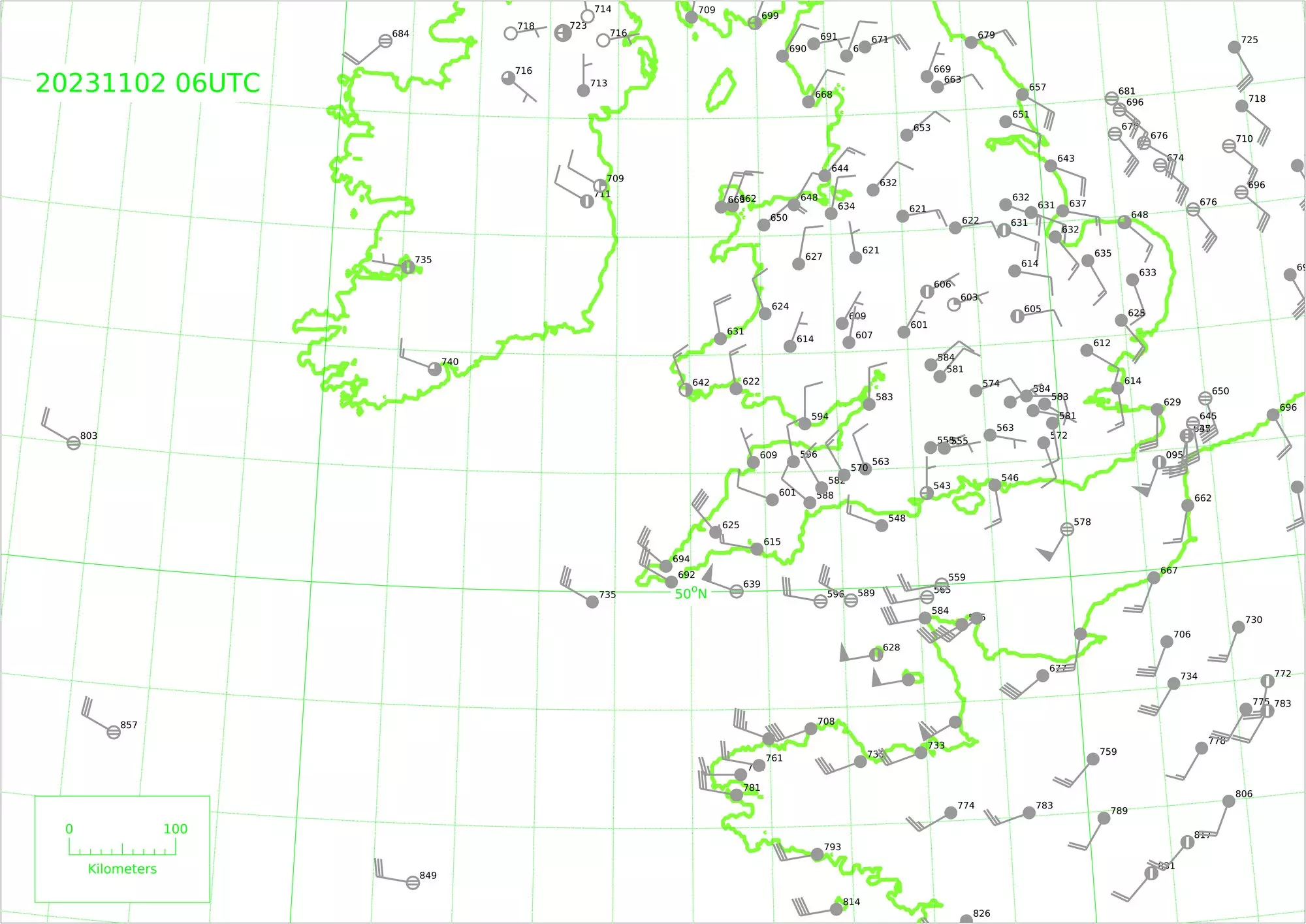Artificial intelligence (AI) has shown great potential in revolutionizing weather forecasting, as demonstrated by a recent study conducted by the University of Reading. This study focused on the accuracy and efficiency of AI in predicting the path and intensity of major storms, using November 2023’s Storm Ciarán as a case study. The findings of this research highlight the rapid progress and transformative impact that AI can have on weather prediction.
The study led by Professor Andrew Charlton-Perez revealed that AI technologies are now capable of producing weather forecasts with similar accuracy to traditional methods, but in a faster and more cost-effective manner. Just two years ago, the application of modern machine learning techniques in weather forecasting was limited. However, the development of multiple AI models that can generate 10-day global forecasts in minutes showcases the significant advancements in this field.
To gauge the effectiveness of AI-based weather models, scientists compared AI forecasts with physics-based models for Storm Ciarán. The results of the study showed that AI models developed by tech giants like Google, Nvidia, and Huawei were able to predict the storm’s rapid intensification and track its path 48 hours in advance. The AI models performed on par with traditional forecasting models in capturing large-scale atmospheric conditions that influenced the storm’s development.
Despite the promising results, the study revealed that AI models underestimated certain aspects of Storm Ciarán, such as its maximum wind speeds. The machine learning technology struggled to accurately predict some features of the storm, including temperature contrasts near its center. This underestimation highlighted the need for further refinement and development of AI models for weather prediction.
The researchers emphasized the importance of further investigations into the use of AI in weather prediction to better protect against extreme weather events like Storm Ciarán. The development of more sophisticated machine learning models could lead to the routine integration of artificial intelligence in weather forecasting practices. This integration has the potential to save forecasters time and resources, while also improving the accuracy and reliability of weather predictions.
The study conducted by the University of Reading underscores the significant progress made in utilizing artificial intelligence for weather prediction. While there are still challenges to overcome, the transformative potential of AI in this field is undeniable. With continued research and development, AI technologies could play a vital role in enhancing our ability to forecast and prepare for extreme weather events in the future.


Leave a Reply